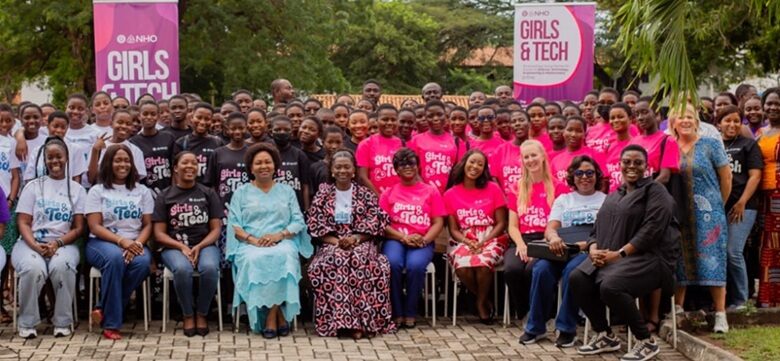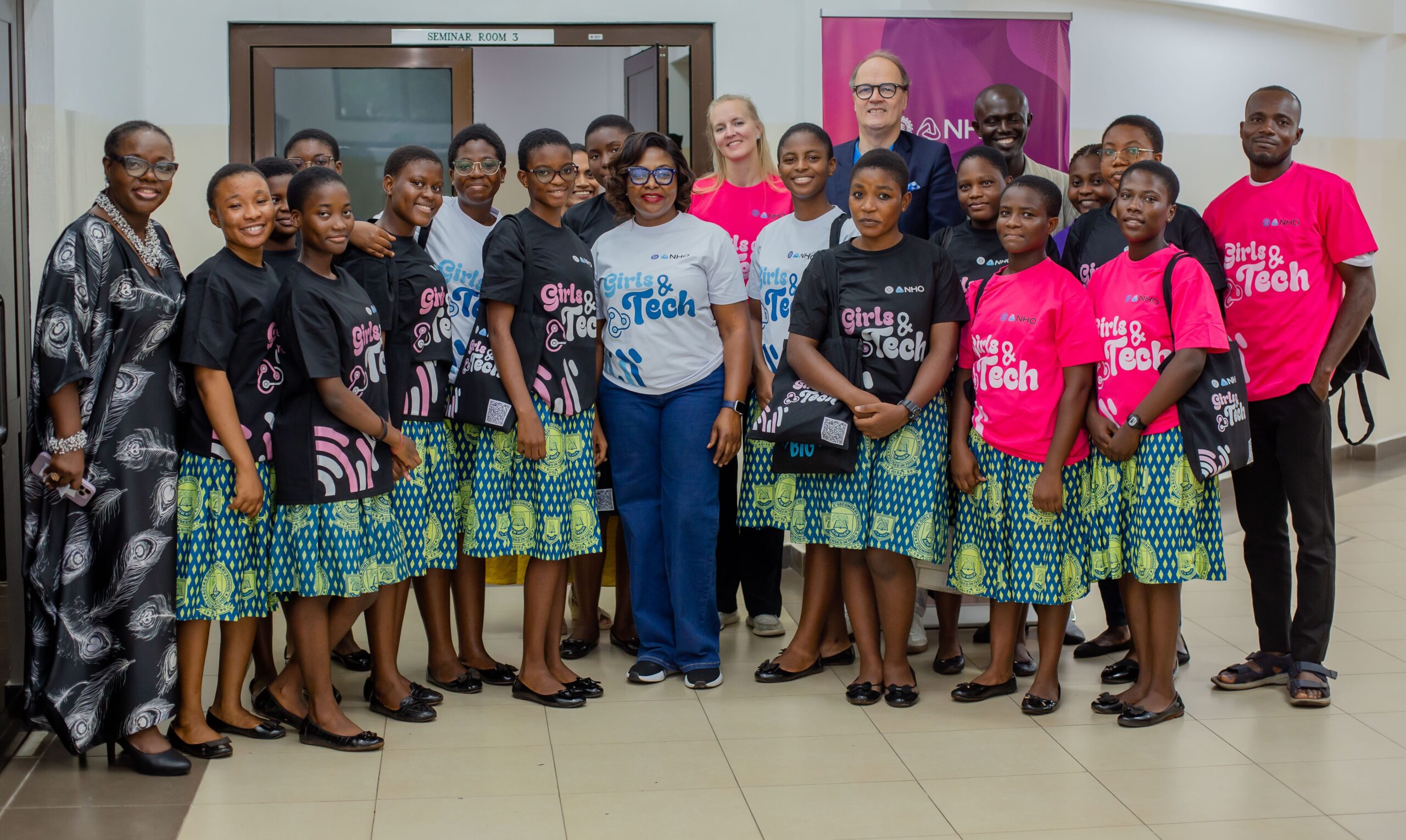Girls Encouraged to Step Into Ghana’s Growing Tech Future

The Ghana Employers’ Association (GEA) is opening new doors for girls in junior and senior high schools to explore careers in technology and innovation. The Association has launched its Girls in Tech programme to spark early interest in science, technology, engineering and mathematics (STEM) among young girls and prepare them for the digital careers shaping the future.
The initiative is being delivered in partnership with the University of Ghana and the Confederation of Norwegian Enterprise, with support from the Royal Norwegian Embassy.

Responding to Skills Demand in the Future of Work
At the launch in Accra, Second Vice President of GEA, Mrs Victoria Hajar, said many of the careers that will define Ghana’s economy in the coming years will be influenced by robotics, artificial intelligence, data systems and digital manufacturing. She said it is therefore important that girls are given the confidence and skills to participate in these areas.
“This programme is about ensuring girls are not left behind. We want them to lead in technology, create solutions and shape the digital future of Ghana,” she said.
Mrs Hajar explained that the programme will combine mentorship, practical training and engagement with industry professionals to help students develop real-world skills and professional networks. She encouraged families and schools to support girls who show interest in digital learning and said that increasing female participation in STEM will contribute to national productivity and innovation.
Norway Highlights Economic Gains from Gender Inclusion
Norway’s Ambassador to Ghana, John Mikal Kvistad, also addressed the launch and shared lessons from Norway’s experience. He explained that gender inclusion has significantly contributed to his country’s economic progress, with increased female workforce participation strengthening productivity and national income.
“When girls gain access to technology and education, whole communities benefit. Gender equality is not only the right thing to do, it strengthens economies,” he said.
He noted that workplaces with diverse teams tend to be more innovative and adaptable, and said Ghana’s efforts toward supporting girls in STEM align with global economic development trends.

University of Ghana Commits to Strengthening STEM Pathways
The Vice Chancellor of the University of Ghana, Prof Nana Aba Appiah Amfo, said the institution remains committed to creating pathways that encourage more girls to pursue technology-related courses. She pointed out that the numbers of women enrolled in computer science, IT and engineering continue to be lower than expected.
She emphasized that sustained mentorship and exposure to female role models in technology can help build confidence and interest among young girls. “Partnerships like this help us achieve progress faster,” she noted, urging the participating students to make the most of the opportunity.
Building the Next Generation of Digital Leaders
The Girls in Tech programme will run across selected schools and will include digital labs, innovation challenges, mentorship circles and industry visits. The long-term goal is to build a strong pipeline of women who can take up leadership roles in Ghana’s digital, engineering, finance and manufacturing industries.
“The world of technology welcomes you,” Mrs Hajar told the students. “Your ideas can change how Ghana works and grows.”




